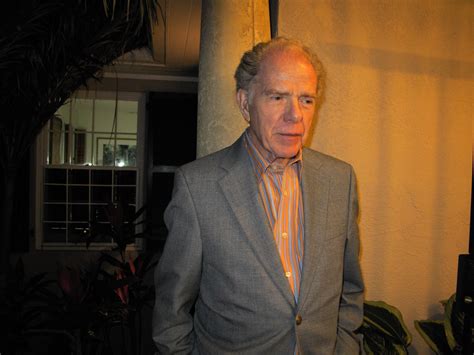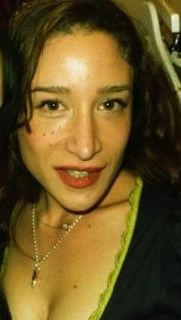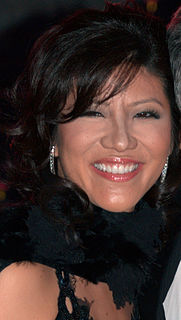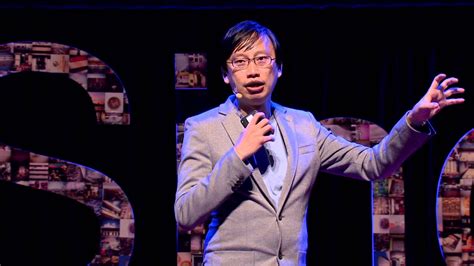A Quote by William Kennedy
Without a sense of place the work is often reduced to a cry of voices in empty rooms, a literature of the self, at its best poetic music; at its worst a thin gruel of the ego.
Related Quotes
Then ego goes on growing, because the society needs you as an ego, not as a Self. The Self is irrelevant for the society; your periphery is meaningful. And there are many problems. The ego can be taught and the ego can be made docile and the ego can be forced to be obedient. The ego can be made to adjust, but not the Self. The Self cannot be taught, the Self cannot be forced. The Self is intrinsically rebellious, individual. It cannot be made a part of society.
The term "self" seems a suitable one for the unconscious substrate whose actual exponent in consciousness is the ego. The ego stands to the self as the moved to the mover, or as object to subject, because the determining factors that radiate outward from the self surround the ego on all sides and are therefore supraordinate to it. The self, like the unconscious, as an a priori existent out of which the ego evolves. It is, so to speak, an unconscious prefiguration of the ego. It is not I who create myself; rather, I happen to myself.
In Buddhist ideology, the conventional self is that which is constructed in a way by the use of the pronoun, and when you realize there is no absolute ego there, no disconnected one, self, or ego, then that actually strengthens your conventional ego. It does so in the sense that then you realize it's a construction, and you can strengthen it in order to help others, or do whatever you're trying to do, it's not like you no longer know who you are. Then you can organize your behavior by using your ego, as it's now the pronoun.
Sometimes, waking early before the others, wandering the rooms wrapped in a blanket or drinking my tea in the empty kitchen, I had that most rare of feelings, the sense that the world, so consistently overwhelming and incomprehensible, in fact has an order, oblique as it may seem, and I a place within it.






































